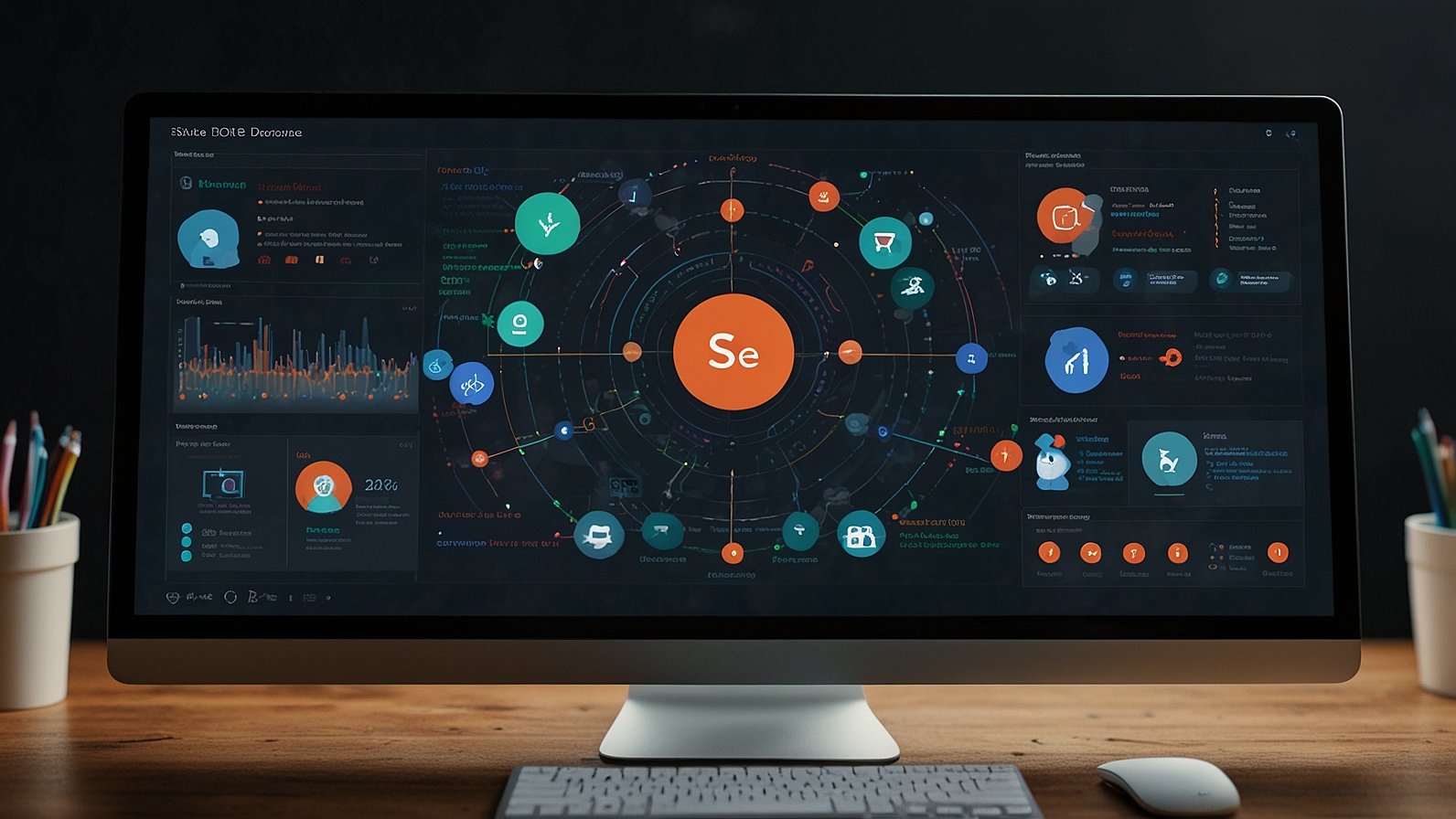Achieving academic success in higher education involves much more than simply attending lectures and completing assignments. It requires a deliberate approach to studying, time management, and self-discipline. College and university life present unique challenges that demand innovative strategies to keep pace with coursework, participate in extracurricular activities, and prepare for exams.
This guide explores actionable techniques to help students navigate their academic journey with confidence and clarity. From understanding your personal learning style to leveraging technology for effective study habits, these strategies aim to provide a solid foundation for achieving academic goals while maintaining a balanced lifestyle.
Understanding Your Learning Style
Every student processes information differently, and recognizing your unique learning style can unlock your academic potential. Broadly, learning styles are categorized into visual, auditory, and kinesthetic preferences. Visual learners thrive on diagrams, charts, and written instructions, while auditory learners absorb knowledge best through spoken word, such as lectures or discussions. Kinesthetic learners prefer hands-on activities and practical exercises to reinforce concepts.
To identify your learning style, reflect on the methods that resonate most during your studies. If you recall lessons better through visual aids, incorporate tools like flowcharts or infographics. Auditory learners can benefit from recording lectures and replaying them for reinforcement. Kinesthetic learners might create physical models or engage in interactive problem-solving exercises. Adapting study methods to align with your learning preferences not only enhances comprehension but also saves valuable time by eliminating less effective approaches.
The Role of Study Notes and Lecture Notes
Study notes and lecture notes are indispensable tools in the academic toolbox. Lecture notes capture key points from class discussions and serve as a primary resource for understanding core concepts. However, effective note-taking requires more than writing down everything a professor says. It involves summarizing and structuring information in a way that facilitates quick recall and deep understanding.
Study notes, on the other hand, are personalized versions of lecture material, often expanded with insights from textbooks or additional research. Combining both types of notes ensures comprehensive coverage of topics. For instance, platforms like Studocu provide access to shared study materials, allowing students to compare their notes with those of peers who may offer different perspectives. This collaborative approach helps fill gaps in understanding and introduces fresh ways to approach complex subjects.
Creating a Structured Study Plan
One of the most effective ways to stay on top of academic responsibilities is by creating a structured study plan. This involves breaking down the semester’s workload into manageable tasks and allocating specific time slots for each. Instead of cramming a week before exams, a well-designed plan ensures consistent progress and reduces stress.
Begin by listing all deadlines, assignments, and exam dates, then divide your tasks into weekly or daily goals. Use tools like digital calendars or apps to track your schedule and receive reminders. Ensure your study plan incorporates flexibility to accommodate unexpected changes while maintaining overall productivity. Over time, adhering to this schedule develops discipline, enabling you to tackle academic challenges with confidence and focus.
Study Groups and Peer Collaboration
Collaboration with peers is a powerful yet often underutilized strategy for academic success. Study groups offer a unique opportunity to explore topics through collective insights and discussions. When multiple perspectives converge, complex concepts can become easier to grasp. Additionally, sharing responsibilities within a group can make the study process more efficient, as different members can focus on summarizing specific topics or chapters and then share their findings with the group.
Effective study groups require structure and mutual commitment. Before forming a group, establish clear goals, such as preparing for an exam or understanding a challenging subject. Ensure all members are equally invested and agree on a meeting schedule that accommodates everyone. During study sessions, encourage active participation and avoid distractions by assigning roles like timekeeper or note-taker. Peer collaboration not only deepens understanding but also builds accountability, helping everyone involved stay on track with their studies.
Preparing for Exams: A Holistic Approach
Exam preparation requires a blend of strategic planning and consistent effort. Traditional methods like rereading notes or highlighting textbooks may not always yield the best results. Instead, active recall and spaced repetition have been proven to enhance memory retention. Active recall involves testing yourself on the material without referring to your notes, which reinforces learning by challenging your brain to retrieve information. Spaced repetition, meanwhile, schedules reviews of the material at increasing intervals, allowing you to consolidate knowledge over time.
Balancing preparation with mental and physical well-being is equally critical. Overworking yourself can lead to burnout, which impairs focus and productivity. Break study sessions into manageable chunks and include short breaks to recharge. Incorporating tools like practice exams or digital flashcards can also streamline your review process.
Leveraging Technology for Learning
The digital era has brought an abundance of tools that enhance the way students learn. From productivity apps to online resources, technology can streamline the study process and make learning more interactive. Applications like Notion, Evernote, or Microsoft OneNote help organize lecture notes and study plans in one place, ensuring nothing is overlooked. Tools like Quizlet allow users to create and practice digital flashcards, which are especially useful for subjects requiring memorization.
Online platforms provide additional resources that can fill gaps in knowledge or offer alternative explanations for challenging concepts. For example, accessing shared lecture notes, study guides, or practice materials from peers can give fresh insights into topics. These tools are particularly helpful for students who may have missed key points during class. Integrating technology into your study routine not only improves efficiency but also broadens the scope of your learning, making it easier to excel academically.
Building a Healthy Study Routine
A healthy study routine is foundational to academic success. While it’s tempting to pull all-nighters and skip meals in favor of cramming, these practices often do more harm than good. A consistent routine that balances study time with rest, nutrition, and physical activity ensures you’re performing at your best, both mentally and physically.
Sleep, in particular, is a critical factor. Research shows that sleep strengthens memory and improves cognitive function. Aim for 7–9 hours of quality sleep each night, especially before exams or major assignments. Pair this with regular exercise, even if it’s just a 20-minute walk, to boost your mood and energy levels. Eating balanced meals packed with brain-healthy nutrients, like omega-3s and antioxidants, will further enhance focus and endurance.
Mastering Time Management
Time management is a skill that extends far beyond academics, yet it’s often a significant hurdle for students. With numerous assignments, exams, and extracurricular commitments vying for your attention, staying organized can feel daunting. However, learning to prioritize and allocate your time effectively can transform your academic experience.
Start by identifying your most productive hours. Some people work best in the morning, while others find their groove in the evening. Schedule your most challenging tasks during these peak times to maximize efficiency. Break larger tasks into smaller, actionable steps to avoid procrastination and feel a sense of accomplishment as you complete each one. Finally, don’t forget to leave room for downtime—taking intentional breaks helps prevent burnout and keeps you motivated in the long run.
Seeking Help When Needed
No matter how diligent you are, there will inevitably be moments when a concept or topic feels overwhelming. Reaching out for help during these times can save you hours of frustration. Professors and teaching assistants are valuable resources who can clarify complex topics or provide additional guidance. Most are more than willing to help students succeed and often hold office hours specifically for this purpose.











